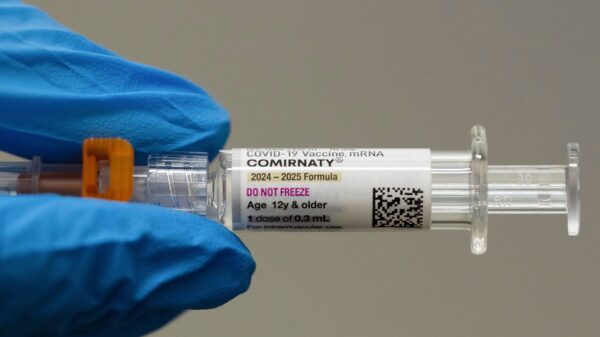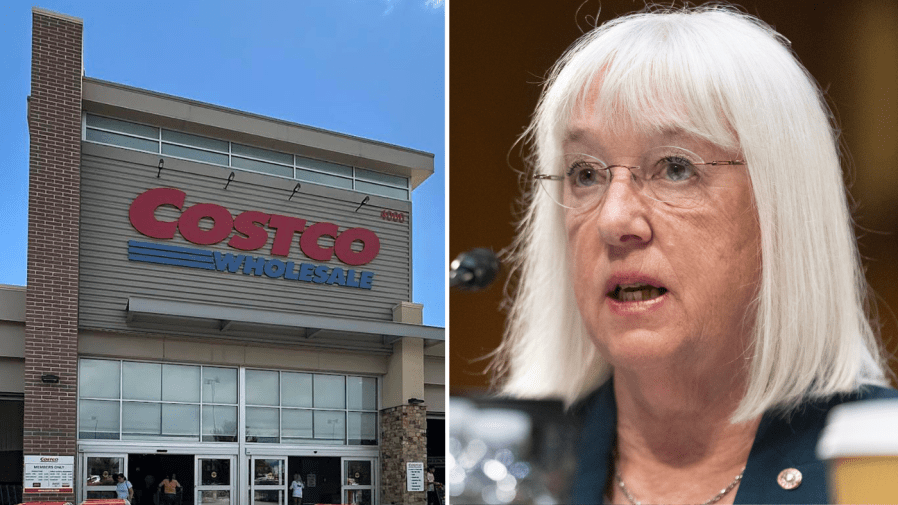Senator Patty Murray (D-Wash.) publicly condemned Costco on October 20, 2023, after the retailer announced that its pharmacies would not dispense the abortion medication mifepristone. In her statement, Murray accused the company of yielding to “far-right extremists” and prioritizing political pressures over women’s health needs.
Costco’s Decision Sparks Outrage
The controversy erupted earlier this week when Costco confirmed that it would not provide mifepristone, a medication approved by the U.S. Food and Drug Administration (FDA) for terminating early pregnancies. The decision has drawn sharp criticism from various political leaders and reproductive health advocates who argue that access to safe and legal medication is essential for women’s health.
In her remarks, Murray expressed her disappointment, stating, “I am deeply alarmed by news reports that Costco is refusing to sell safe, effective, and legal medication for no other reason than to appease the vocal minority.” She emphasized that such actions undermine the rights of women to make informed choices about their reproductive health.
Political Implications and Consumer Response
The backlash against Costco reflects broader political tensions surrounding reproductive rights in the United States. Following the Supreme Court’s decision to overturn Roe v. Wade in June 2022, many companies have faced scrutiny regarding their policies on reproductive health products.
Advocates for reproductive rights have called on consumers to reconsider their support for retailers like Costco that limit access to these medications. Social media platforms have also become battlegrounds for discussions on the issue, with hashtags related to the controversy gaining traction.
As the situation develops, it remains to be seen whether Costco will respond to the criticism or reconsider its stance on the sale of mifepristone. The retailer’s policies may significantly impact its customer base, especially among those advocating for women’s rights and health access.
For now, the debate continues, illustrating the complex intersection of business practices, political ideology, and public health. As more voices join the conversation, the implications of Costco’s decision may extend beyond its pharmacy counters into the wider societal discourse on reproductive rights.





































































